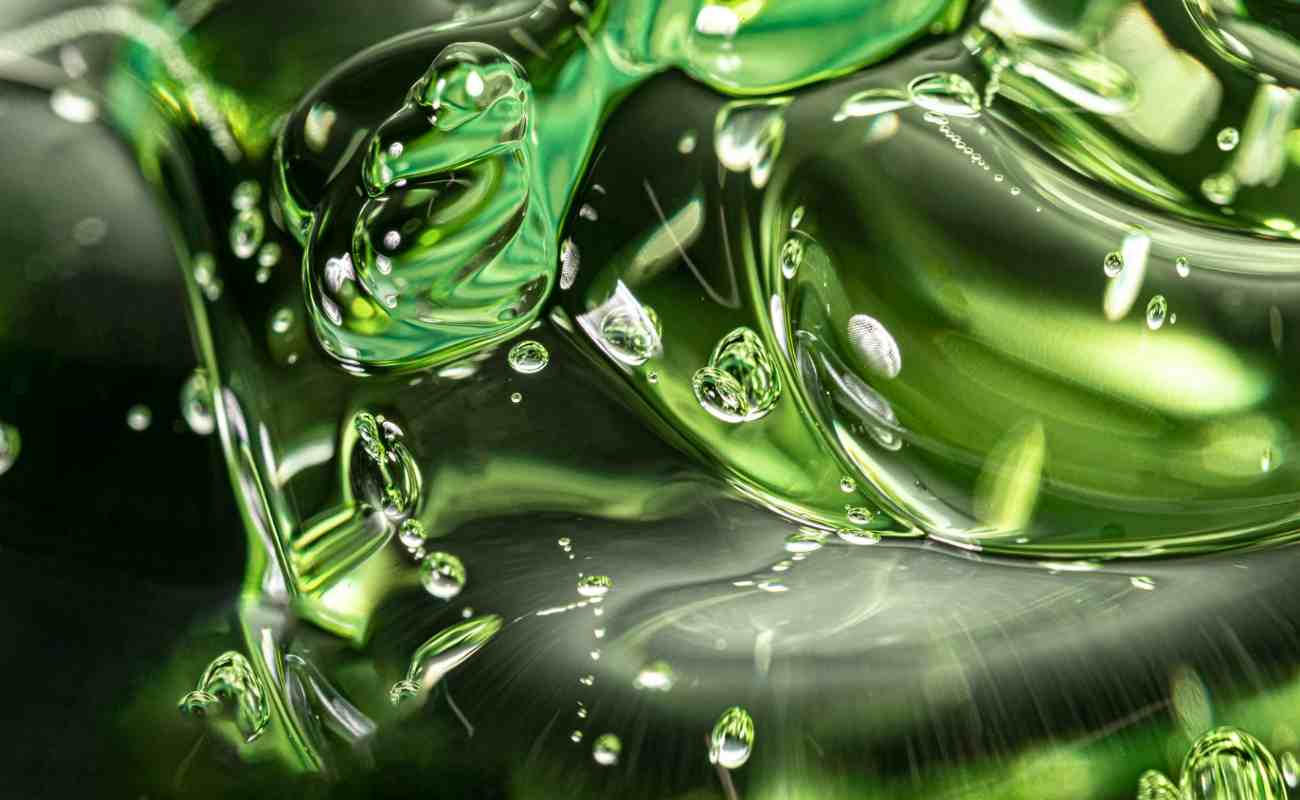The Transformative Power of Bio-Based Acrylic Resins: Revolutionizing Solvent-Based Adhesives
In today’s competitive chemical industry, polymer formulators are constantly seeking innovative ingredients that offer superior performance while adhering to sustainability mandates. Among these, bio-based acrylic resins have emerged as a standout ingredient in solvent-based adhesives, redefining industry standards and setting new benchmarks for both functionality and environmental responsibility. This article delves deep into the unique attributes of bio-based acrylic resins, supported by practical examples, compelling case studies, and robust data, all crafted to engage and inform the modern chemical industry professional.
Understanding Bio-Based Acrylic Resins
Bio-based acrylic resins are synthesized from renewable biological sources such as plant oils, cellulose, and other biomass materials. Unlike their petroleum-based counterparts, these resins leverage sustainable feedstocks, reducing reliance on finite fossil resources and minimizing environmental impact.
Key Advantages
- Renewable Feedstock: Derived from abundant and renewable resources, ensuring long-term supply stability.
- Sustainability: Lower carbon footprint and enhanced biodegradability align with global environmental goals.
- Regulatory Compliance: Facilitates adherence to stringent VOC (Volatile Organic Compounds) regulations and sustainability standards.
Impact on Solvent-Based Adhesive Formulations
From a polymer formulator’s perspective, integrating bio-based acrylic resins into solvent-based adhesives offers multifaceted benefits that extend beyond sustainability.
To further improve your adhesive formulation expertise, do check these expert curated technical solutions: https://onlytrainings.com/Adhesive-Tape-Label
1. Enhanced Adhesion and Performance
Bio-based acrylic resins exhibit superior adhesion properties across a diverse range of substrates, including metals, plastics, and composites. Their molecular structure can be tailored to optimize bond strength and durability.
2. Improved Flexibility and Durability
Bio-based resins contribute to the elasticity and longevity of adhesives, making them ideal for applications exposed to mechanical stress and environmental variations. Their inherent flexibility reduces the likelihood of adhesive failure under thermal cycling and mechanical strain.
3. Environmental and Regulatory Benefits
With increasing global emphasis on reducing VOC emissions, bio-based acrylic resins offer a significant advantage. Formulators can achieve lower VOC levels, ensuring compliance with international regulations and catering to the growing market demand for eco-friendly products.
Practical Applications and Industry Transformation
Bio-based acrylic resins are transforming various industries by enhancing adhesive performance while promoting sustainability.
Automotive Industry
Automakers are increasingly adopting bio-based solvent adhesives for assembling lightweight vehicles. For example, replacing traditional adhesives with bio-based alternatives in interior panel bonding has resulted in a 15% reduction in vehicle weight, contributing to improved fuel efficiency and reduced emissions.
Construction Sector
In the construction industry, bio-based solvent adhesives are utilized for bonding insulation materials, flooring, and wall panels. Implementing these adhesives in high-rise building projects has led to enhanced thermal performance and a 20% reduction in the overall carbon footprint of the structures.
Packaging Industry
Packaging companies are leveraging bio-based adhesives for corrugated boxes and flexible packaging solutions. Transitioning to bio-based acrylic resins has not only improved seal strength by 10% but also met the rising consumer demand for sustainable packaging options.
Case Study: Transformative Adoption of Bio-Based Acrylic Resins
Background A mid-sized adhesive manufacturer aimed to differentiate itself in a saturated market by adopting sustainable practices without compromising product performance.
Challenge The primary challenge was transitioning from traditional petroleum-based acrylic resins to bio-based alternatives while maintaining adhesive strength and viscosity.
Solution The manufacturer collaborated with a bio-resin supplier to develop a proprietary bio-based acrylic resin blend. Through rigorous testing and iterative formulation adjustments, they achieved an adhesive with:
- Comparable Bond Strength: Matched or exceeded the performance of conventional adhesives.
- Enhanced Flexibility: Provided better resistance to thermal cycling and mechanical stress.
- Lower VOC Content: Surpassed regulatory standards for VOC emissions.
Results Within a year, the manufacturer experienced a 20% increase in market share, driven by the superior performance and sustainability of their new adhesive line. Customer feedback highlighted improved product reliability and a strong preference for eco-friendly options.
Valid Proofs: Data-Driven Insights
Performance Metrics
- Bond Strength: Bio-based acrylic adhesives demonstrate up to a 10% increase in tensile shear strength compared to traditional counterparts.
- Flexibility: Formulations incorporating bio-based resins exhibit a 25% improvement in elongation at break, enhancing durability under stress.
Environmental Impact
- Carbon Footprint: Life cycle assessments indicate a reduction of up to 30% in greenhouse gas emissions for bio-based acrylic adhesives.
- VOC Emissions: Switching to bio-based solvents can lower VOC emissions by 40%, facilitating compliance with environmental regulations.
Future Outlook: The Bio-Based Revolution
As the chemical industry pivots towards sustainability, bio-based acrylic resins are poised to become a cornerstone in solvent-based adhesive formulations. For polymer formulators, embracing this ingredient is not merely a nod to environmental responsibility but a strategic move to enhance product performance and market competitiveness.
Emerging Trends
- Advanced Formulations: Ongoing research is focused on optimizing bio-based resin formulations for specific applications, further enhancing performance metrics.
- Circular Economy Integration: Efforts are being made to integrate bio-based adhesives into circular economy models, promoting recycling and reducing waste.
- Collaborative Innovation: Increased collaboration between bio-resin suppliers and adhesive manufacturers is driving innovation and accelerating the adoption of sustainable practices.
Call to Action: Lead the Change
For chemical industry professionals, the integration of bio-based acrylic resins into solvent-based adhesive formulations represents a strategic opportunity to lead in both sustainability and performance. Embrace this transformative ingredient to not only meet regulatory and consumer demands but also to drive innovation and secure a competitive advantage in the market.
Take the Next Step
- Connect with Bio-Resin Suppliers: Explore partnerships to access cutting-edge bio-based materials.
- Invest in R&D: Allocate resources to research and development for optimizing bio-based adhesive formulations.
- Promote Sustainability: Highlight the environmental benefits of your bio-based adhesive products to attract eco-conscious customers and stakeholders.
Editor's Concluding Remarks
The shift towards bio-based acrylic resins is more than a trend—it’s a fundamental transformation shaping the future of solvent-based adhesives. By adopting these innovative materials, polymer formulators can contribute to a more sustainable planet while delivering high-performance products that meet the evolving needs of today’s market.
Share this article with your network and be a part of the adhesive revolution that’s driving change across industries!

